Sermon for the Dormition by Katherine Lee
Delivered in the King’s Chapel by Katherine Lee on August 14, 2025
+
The feast we celebrate today is a bit of an odd one, the Dormition, or the falling asleep, or the death, of the Blessed Virgin Mary. It’s an odd thing to celebrate: the death of the Mother of God. Of course Christians are often accused of having an odd exaltation of death, not without some cause, we’re used to celebrating the martyrs’ deaths here and even for saints who died peacefully the feast day is often their traditional date of death. Even Fr Ingalls found it a bit macabre when I reminded him that St Lawrence, martyred by being roasted on a grill, is the patron saint of cooks (and also comedians in recognition of his remark, shortly before he died to ‘turn me over, I’m done on this side’.). So perhaps we don’t find this day so strange, perhaps even modern non-christians would not find it all that strange, after all Mary was an old woman for her time and she died peacefully, painlessly, surrounded by friends. Precisely the sort of death we’re supposed to aspire to or to demand, even at the cost of having a doctor hurrying it up a bit.
But you might look around the chapel and notice that there is a commemoration of a death for which it looks very different, that of the death of Christ, on Good Friday, one of the most severe fasting days of the Christian calendar, on which, traditionally, christians did not eat at all. So why is the death of the Mother of God a feast, when the death of God of is a fast?
I’d like you to think for a moment, about how you learned about death. Do you remember the time before that? When you thought that everyone lived forever but couldn’t have articulated that thought because the alternative had never occurred to you? It’s funny, isn’t it, that death has to be taught. We all come into this broken world expecting Eden.
When I was about four years old, my preschool used to take us to one of the local nursing homes every few weeks or months. We’d each make a drawing for a resident and then perform a song as a group. On one of these occasions I gave my drawing to a very elderly lady named Bunny. I’m not sure why, at this remove, but on the strength of about five minutes interaction, I adored Bunny. I practically had to be dragged out of the nursing home, I badgered my teachers about the date of our next visit, I laboured delightedly over another, even better, drawing. You can imagine my consternation when, on our next visit, I was unable to find Bunny. After increasingly frantic efforts I was eventually convinced to hand my drawing over to another resident, which I did with abominably bad grace. No matter, though, it was disappointing but I would see her next time. At some point, inquiries must have been made because I was informed prior to the next visit that Bunny had died. Looking back I must have had some idea of what death was, in order to reject the idea as fully as I did. Neither my mother nor any of my teachers had actually met Bunny so they didn’t understand my certainty that, while some people might go and die when you had specially made a drawing for them, Bunny certainly would not. At four years old I believed in Bunny far more than I believed in death.
I know better now, and I mean that. The innocence of childhood, which refuses to believe in death or evil, certainly death or evil happening to them or anyone they know, has no way to respond to a suffering world and, when clung to past its time, for fear of that suffering, is responsible for a great deal of it. We are not called to return to Eden and nor are we called to pretend we are still there, as tempting as it might be. I was wrong, my mother was right, Bunny is dead.
So, why are feasting?! We are feasting because, while I may now believe in death more than in Bunny, I believe in Christ more than in death. In dying on the cross Christ made the path through death to life; Christ made death the path to life. Therein lies the rub. We want to be excused our sins, rather than forgiven them; to argue our innocence rather than offer repentance, to avoid death rather than to conquer it [to be immortal rather than to die and gain eternal life]. This is not an easy lesson, and it gave even the disciples a great deal of difficulty. We fast on Good Friday because we enter into their fear and their despair when Christ was taken from them. We enter into Mary’s sorrow as the ‘sword pierced her heart, also’. We feast today because we see Mary’s death, and that of all the patriarchs and prophets, the holy twelve and martyrs, and the saints in the light of the Resurrection. ‘O death, where is thy sting? O grave, where is your victory?’, ‘weeping may endure for a night, but joy cometh in the morning’.
